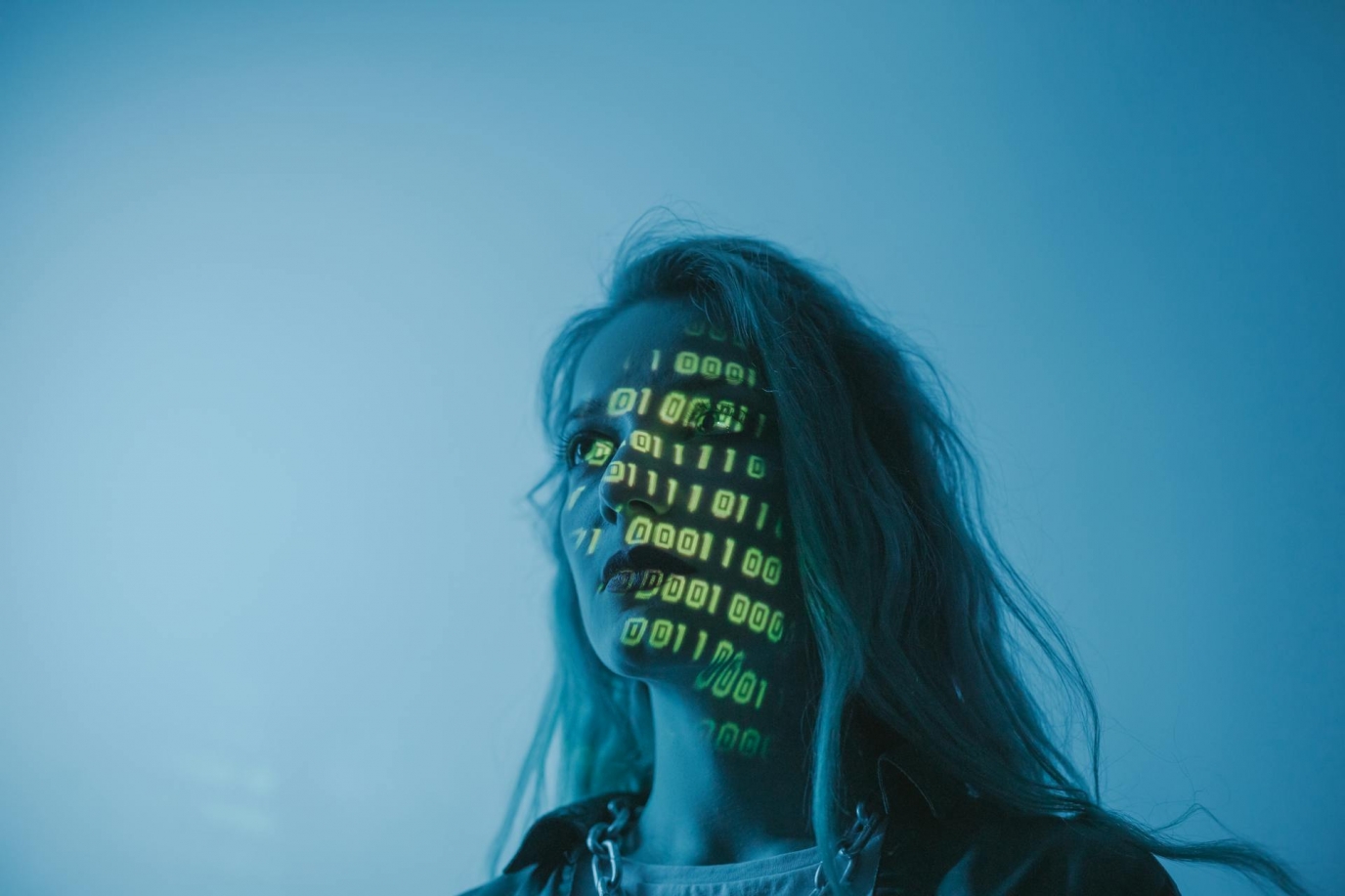More than 7% young people make and own deepnudes
41.9% of Belgian young people have already heard of deepnudes, 13.8% of Belgian young people have ever received a deepnude, 12.8% know about deepnude apps and 60.5% of them have already tried to make a deepnude themselves.

This is according to a study by the University of Antwerp (UA) of more than 2,800 Belgian young people aged between 15 and 25 years old, commissioned by the Institute for the Equality of Women and Men, Child Focus and the State Secretary for Equal Opportunities, Gender Equality and Diversity.
State Secretary Marie-Colline Leroy reiterated that making deepnudes of minors or without consent is punishable and causes great harm to victims. Deepnudes are realistic but completely faked nude images or videos of a person through the use of artificial intelligence. The research conducted by UA conducts an analysis of the most widely used and popular deepnude apps and takes a detailed look at how deepnudes are embroiled in the lifestyles of Belgian youth. The results are staggering and call for action.
Deepnudes are becoming more familiar to young people and are also made by them
Making deepnudes of minors or adults without consent is punishable. 12.8% of young people know about deepnude apps and 60.5% of them have already tried to make a deepnude themselves. Do young people know that this is illegal and are they sufficiently aware of the harm it causes to victims? Research shows that the mental consequences and impact for victims of forwarded deepnudes are similar to other forms of digital sexual image abuse such as distributing sexually explicit images without consent. Being a victim of sexual image abuse can lead to post-traumatic stress disorder, anxiety disorders, depression, loss of self-confidence and even suicidal thoughts.
Deepnudes mostly affect women and are mostly made by men
As many as 98% of the deepfakes circulating online are sexually explicit and contain mostly female victims. The vast majority of deepnude applications, freely available through search engines, focus solely on making deepnude images of women. Among Belgian youths, too, we see remarkable differences between genders. More male than female youngsters are familiar with the phenomenon, have already seen one, own one or have tried to make one themselves.
When young people make a deepnude, they do so because they want to humiliate the victim, out of revenge, out of curiosity or to make themselves popular. These motivations are also reflected in research on other forms of digital sexual image abuse such as distributing nude images without consent. Young people primarily encounter deepnudes through social media such as Snapchat (32.9%), X (25.7%), Instagram (25.5%), TikTok (20.2%) and Telegram (18.9%).
Deepnude apps shirk responsibility
Although most apps do claim to have terms of use and a privacy policy, most appear to be built in such a way that there are no controls at all. For instance, virtually none of the apps provide any checks on whether or not the images taken are violent or non-consensual. Nor is there any check on the consent of the person depicted to take the image. In addition, all these applications stress that creating deepnudes through their application is anonymous and user data is not kept, so the creator knows that in case of illegal image creation, for example without consent, it will not be able to be identified by a victim or national authorities.
The study assessed that the Belgian legal framework is already strongly built for punishing the making and sharing of non-consensual deepnudes or deepnudes of minors (fictitious or not). At the EU level, regulations to this effect are on the rise. In contrast, there is a lack of both a legal and self-regulatory framework for deepnude applications themselves.
Research is a clear call-to-action
Secretary of State Leroy is worried that mainly women are victims. Deepnudes are yet another expression of a lack of respect for female integrity and the objectification of the female body: "Making a deepnude without consent, or of a minor, is illegal. Moreover, it causes a lot of harm to victims. Moreover, the study clearly states that deepnudes are a mirror of deep-lying gender inequalities in our society. We must remain vigilant to new phenomena that emerge and seek to repeat and even reinforce old patterns. New technologies present us with new challenges. This study is therefore a clear call-to-action for everyone in contact with our young people: the schools, parents, governments, media and technology companies. I will therefore share this study with my fellow ministers involved around the issue so that this form of gender-based violence can be addressed across all domains."
Real impact on victims
More and more minors are contacting Child Focus via its 116 000 helpline because they are victims of deepnudes. The organisation stresses that the impact of such images created with artificial intelligence on young people's well-being is as great as the unauthorised dissemination of 'real' images. Child Focus therefore treats these cases in the same way as other cases of sexual exploitation. As a 'trusted flagger', the helpline can call on its privileged contacts with most major social media channels such as Facebook/Instagram, Google/YouTube, X, TikTok, Discord and Snapchat to take these images offline more quickly.
Child Focus advocates for a change in mentality where potential bystanders do not get caught up in group dynamics but choose to stand up for the victims. Young people need to be sensitised about the real consequences of their actions and what role they can play to stop this phenomenon.
More cooperation
The Institute for the Equality of Women and Men calls for more international cooperation to combat the phenomenon: "It is plausible that more and more deepnudes will be created and shared, as apps will be developed even more and more easily. Whoever enables such technological developments must ensure that the tools cannot be used for evil. That responsibility should be placed on the developers and providers of the apps. Belgium cannot stand alone against foreign apps that flout our laws to protect people." The Institute further stresses that this is not just a youth phenomenon. It receives reports from adults who were victims of the creation and forwarding of deepnudes without permission.
Professors Catherine Van de Heyning and Michel Walrave conclude: "From the research that a large proportion of our young people know what deepnudes are. It is problematic that deepnude apps are so easily available on the internet. Those who know the apps will mostly use them. It is then mostly the boys who use these apps. Punishing the use of deepnude is one thing. But if we really want to combat this phenomenon, we will have to put more effort into regulating the market of these kinds of apps and media literacy.”
Victims of non-consensual distribution of nude images, can contact Child Focus (minors) on the freephone number 116 000 and the Institute for the Equality of Women and Men (adults) on 0800/12 800 (choose number 1 from the menu) or via the online reporting form for advice and support
Study
The study was conducted by University of Antwerp under the leadership of Prof Catherine Van de Heyning and Prof Michel Walrave, together with researchers Nina Szyf and Aurélie Gilen
You can read the full study here


